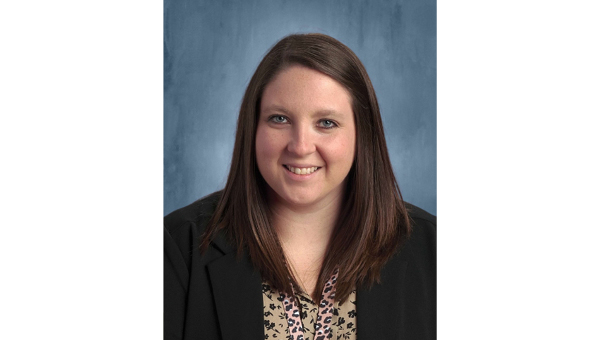TEA celebrates victories for Tennessee students
Published 8:58 am Friday, April 26, 2024
|
Getting your Trinity Audio player ready...
|
As the 113th Tennessee General Assembly adjourned Thursday, Tennessee Education Association President Tanya T. Coats thanked educators, families and community partners, and lawmakers for defeating bad policy proposals in favor of policy that protects and supports our state’s great public schools.
Vouchers
The biggest victory for Tennessee’s students was the rejection of Governor Bill Lee’s proposal to drain taxpayer dollars from local schools and send them to private schools.
Trending
“Ninety percent of Tennessee’s students are educated in public schools. On behalf of our students, I want to thank the legislators who stood strong for our state’s children,” said TEA President Tanya T. Coats. “I also want to thank the thousands of Tennesseans, including their local elected officials, who were moved to speak out against the governor’s proposal, and who I’m sure would do it all again in a heartbeat. We’ve seen a lot of bad voucher policies passed around the country, and none of them have lived up to the promise of benefitting parents and students.”
Parents, educators, superintendents, and citizens rallied against the proposal that would have drained hundreds of millions of dollars from Tennessee’s public schools. School boards in more than 50 counties across the state also passed resolutions against the governor’s voucher bill.
“I am in awe of how vocal people were against the governor’s voucher bill,” said Katie Peachey, a public-school parent from Rutherford County. “Folks across the state are not afraid to get loud when it comes to our students and public schools. It goes to show how powerful we can be if we come together to stand up for something we believe in, like our children’s education.”
The bill would have impacted all public schools but disproportionately disadvantaged small and rural communities, likely forcing school closures and cuts or the end of extracurricular activities, like art, music, and Friday night lights.
“Our children are smart; they’ve been paying attention to this voucher proposal and worried about how it would change their lives at school – and coming from a rural community, chances are it would have changed a lot,” said Paige Neill, an elementary school teacher in Hardin County. “Today my students and I can breathe a sigh of relief, along with parents and all the people who are employed by our schools. A huge thanks to our lawmakers for realizing that vouchers aren’t what our students need, it’s investment in the schools they know and love.”
Education Budget
Trending
TEA continues to advocate for increased investment in the public schools that educate over 90% of the state’s students. The budget includes an additional $261 million toward the state’s education formula. Teacher salary increases were protected and will raise the minimum salary for public school teachers from $42,000 to $44,500. Maintaining investments like these in our educational workforce is an important step towards teacher retention and recruitment.
“Having highly trained and experienced educators in classrooms working with students is a key component of student success,” Coats said.
4th Grade Retention
While the newly amended student retention law isn’t perfect, it’s a vast improvement from relying solely on a high-stakes standardized test. Restoring the ability of parents and a child’s educators to engage in meaningful dialogue about the decision to repeat a grade is paramount to student success.
“The decision to create additional pathways to allow fourth graders to move on to fifth grade is a tangible example of how students win when there is communication between teachers and elected officials. It feels like the people who know our students best – parents and teachers – are being heard on this issue, and we are all thankful for that,” said TEA Executive Director Terrance Gibson.
The Future
As Tennesseans look ahead to election season and the 114th General Assembly, Coats said, “I hope that when folks return to the capital next year, we focus on good policy that will ensure great public schools in every neighborhood because that is what parents and students ultimately want.”





